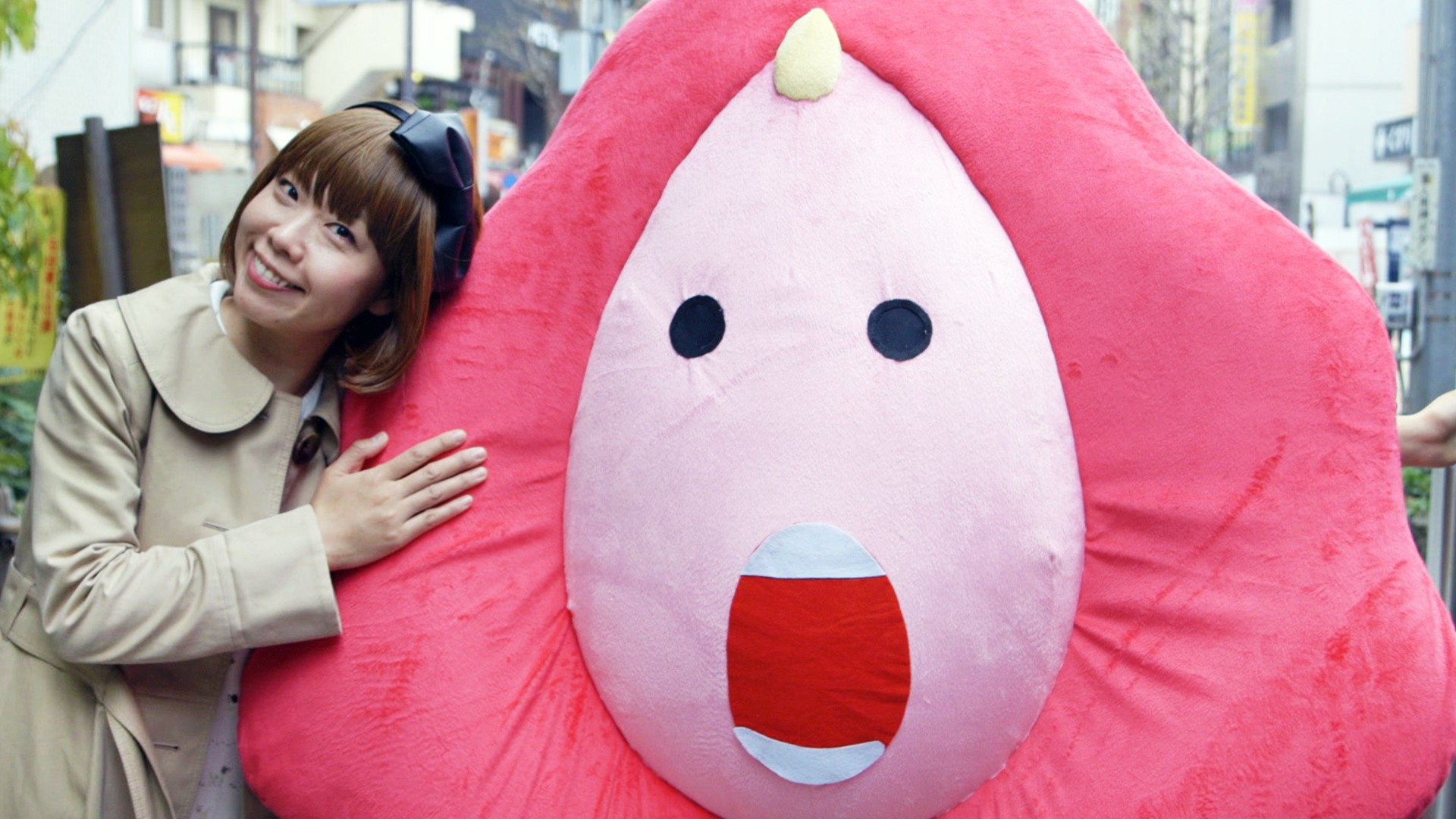Watch: Who's Afraid of Vagina Art?

Modupeola Fadugba, Dreams from the Deep End, installation view at Gallery 1957, Accra (2018). Photo Nii Odzenm, © the artist, courtesy Gallery 1957, Accra
Modupeola Fadugba, Default Lifeguard (2018). Acrylic, pencil, gold leaf and ink on burned paper, 66x51 in. Copyright the artist and courtesy of Gallery 1957
Modupeola Fadugba, Indigo Onlookers (2018). Acrylic, pencil, and ink on burnt paper, 72x51 in. Copyright the artist and courtesy of Gallery 1957
Modupeola Fadugba, Dreams from the Deep End, installation view at Gallery 1957, Accra (2018). Photo Nii Odzenm, © the artist, courtesy Gallery 1957, Accra
Modupeola Fadugba, Ice Cream Girls (2018). Acrylic, pencil and ink on burned paper, 66x51 in. Copyright the artist and courtesy of Gallery 1957
